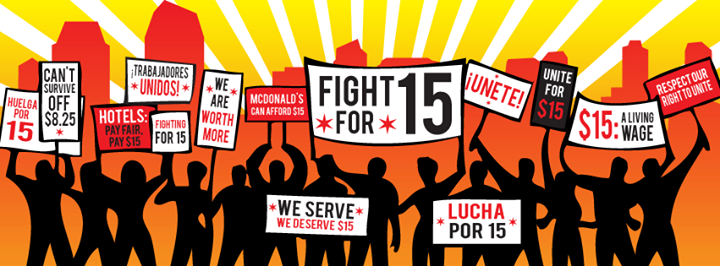
Economist Art Carden writes at Forbes,
A recent working paper from the National Bureau of Economic Research by the economists Jeffrey Clemens, Lisa B. Kahn, and Jonathan Meer should make us pause and question the wisdom of higher minimum wages. The economists explore how minimum wages affect the probability of employer-provided health coverage and find that a chunk of the increased earnings for workers who get higher wages will be offset by a reduction in employer-provided health coverage.
…[T]here’s a lot more to a job than wages. People want work that is meaningful or enjoyable. They might especially value safety, comfort, or flexibility. People can also get a lot of non-wage benefits like health coverage, scholarship opportunities, and paid vacation. Workers can (and do) “buy” these perks by accepting lower wages than they would require if the job weren’t as pleasant, meaningful, or safe or if the fringe benefits weren’t as good.
In short, workers don’t live on wages alone, and minimum wages might not change what workers get paid but rather how they get paid. Minimum wages mandate that cash wages take up a bigger part of employee compensation.
He continues,
Clemens, Kahn, and Meer are limited by available data, so they can’t measure everything comprehensively. They narrow their focus to the relationship between minimum wages and employer-provided health coverage and find that for Very Low wage workers (e.g. food service), about 9% of increase in earnings due to a $1 per hour increase in the minimum wage is offset by the lower probability of employer-provided health coverage. For Low Wage workers (e.g. retail sales), its 16%. For Modest Wage workers ( clerks and food service supervisors), it’s 57%—which is unsurprising since workers with higher wages get a smaller bump from minimum wage increases.
When it comes to worker pay, total compensation must be considered, not just wages.